With licensing cuts and lots of free services, how will Microsoft make money?
3 min. read
Published on
Read our disclosure page to find out how can you help Windows Report sustain the editorial team. Read more
There are very few completely altruistic organizations out there — just about every company that exists is out to make money. There’s nothing wrong with this, it’s just part of the capitalist world we find ourselves in (well, it could be argued that there’s something wrong with this, but this is neither the time nor the place!). Microsoft is no different. The Redmond company did not come into being for the good of anyone’s health. It was money that drive Microsoft, money that keeps the company going, and money that is its aim for the future.
But as Mary Jo Foley points out it is interesting to think about just where this money is going to be coming from. Just like Google, Yahoo and countless other tech companies, Microsoft makes numerous tools and services available completely free of charge — think Outlook.com, OneDrive and Bing to name but three.
In a bid to stop people wandering off to Macs and Chromebooks, Microsoft is slashing Windows 8.1 license costs and more recent reports suggest that Windows Phone could be made available to OEMS completely free of charge. It does make you start to wonder just where the money to keep development going is meant to come from.
Of course there is still money to be made. The likes of Office generate a substantial income stream, and there is also scope for encouraging users into making upgrades to free products — such as a few extra gigabytes of OneDrive storage. But as Mary Jo suggests, users have become accustomed to the idea of getting things for free. No one pays to search online, the spread of the internet has killed out titles such as Encarta and money is generally pretty tight globally — but Microsoft still needs to keep the cash rolling in.
One possible source of income may have been revealed by one of the recent leaks from WZor. A Windows 8.1 build known as Windows 8.1 with Bing is simultaneously revealing and mysterious. It opens up the possibility of sponsored content, or perhaps an ad-driven version of Windows. Online ads are easy to block or just ignore, but if they are built directly into the operating system things are a little different — and it’s something that advertisers would undoubtedly be willing to pay handsomely for.
But the need for money could also mean that while some prices are cut, others may go up. Could we see a hike in pricing for Office and other software, or will service upgrades jump in price.
Where do you think the future income stream lies for Microsoft? Would you be resistant to the idea of ads in Windows if it meant keeping things free?

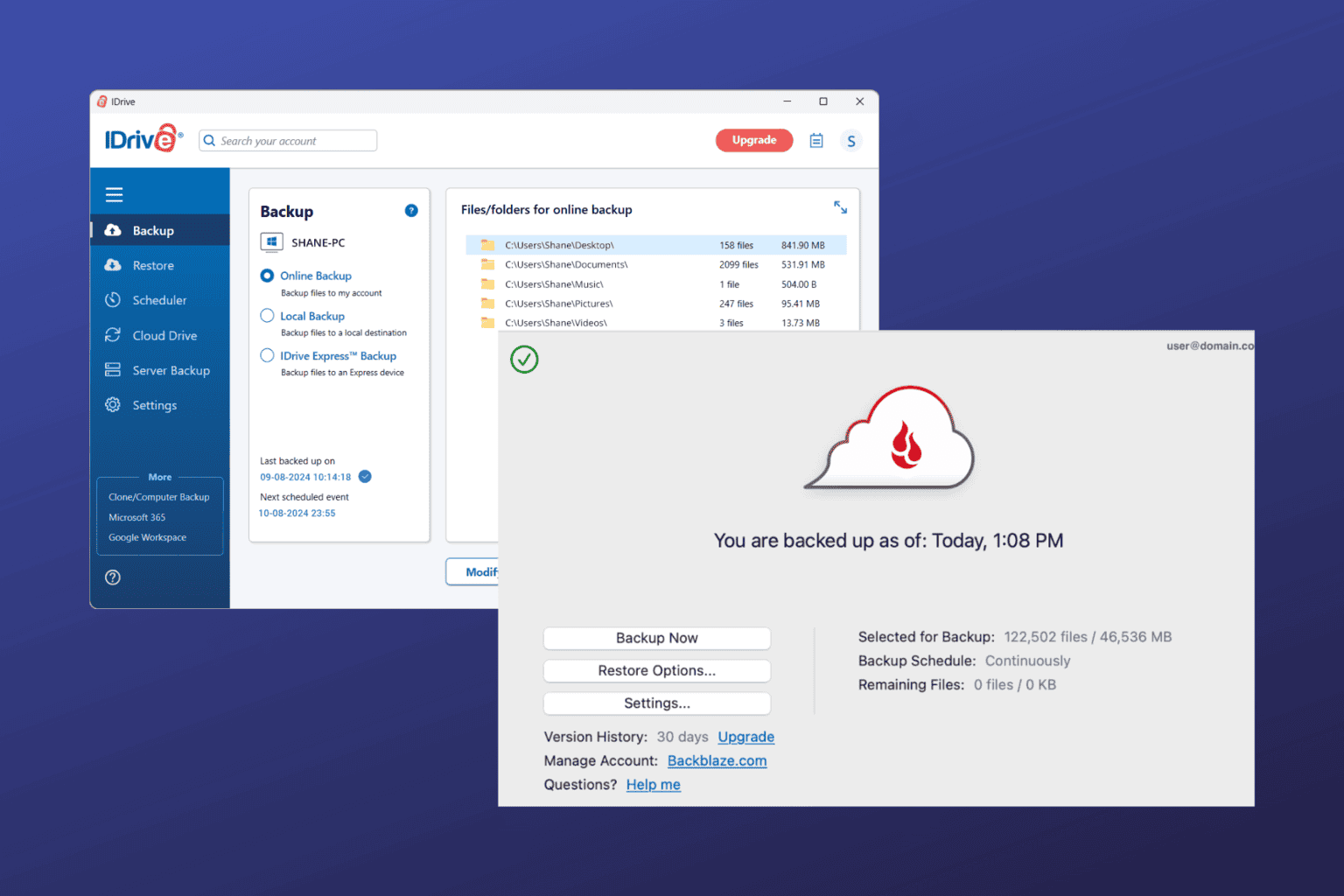
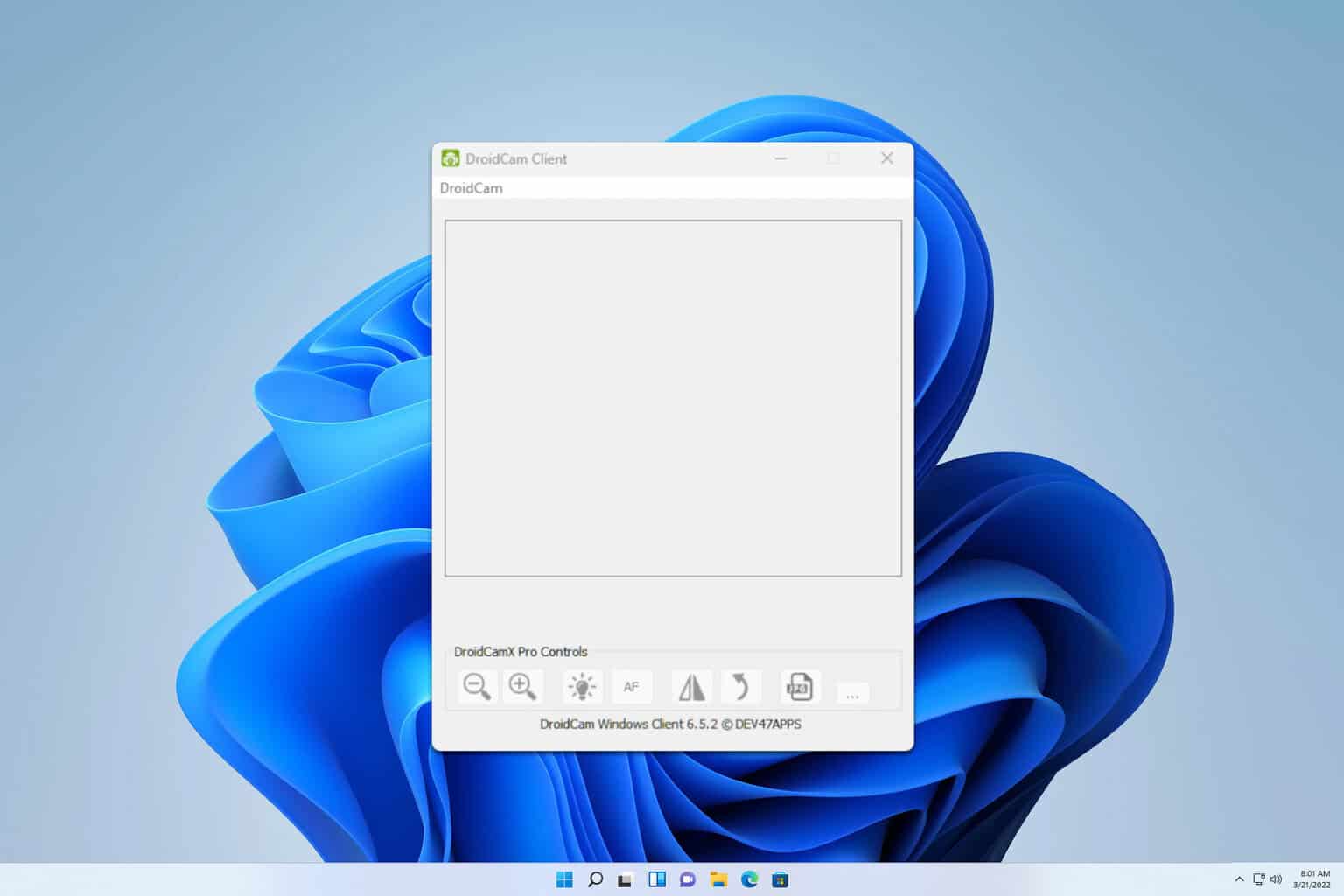
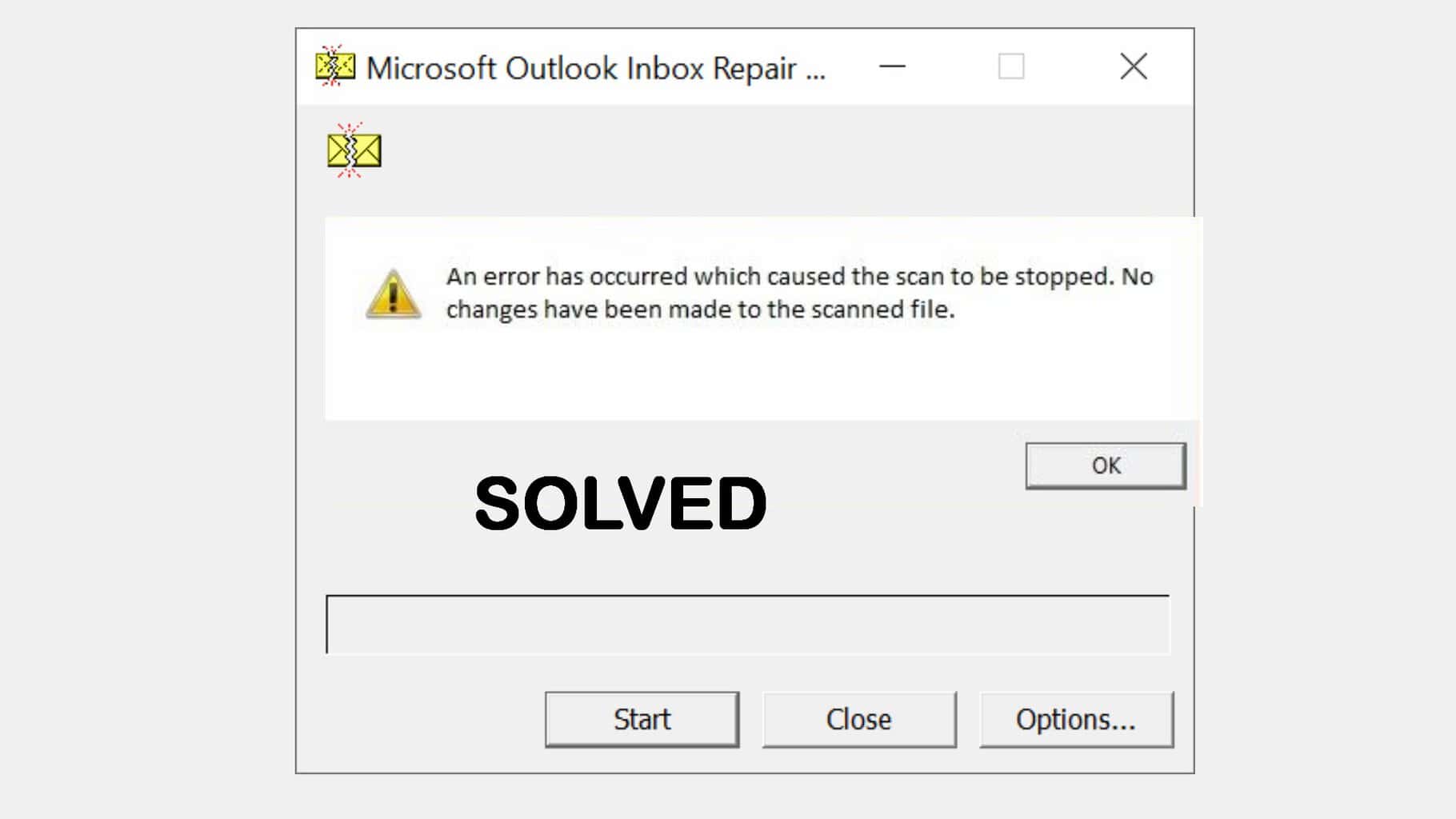
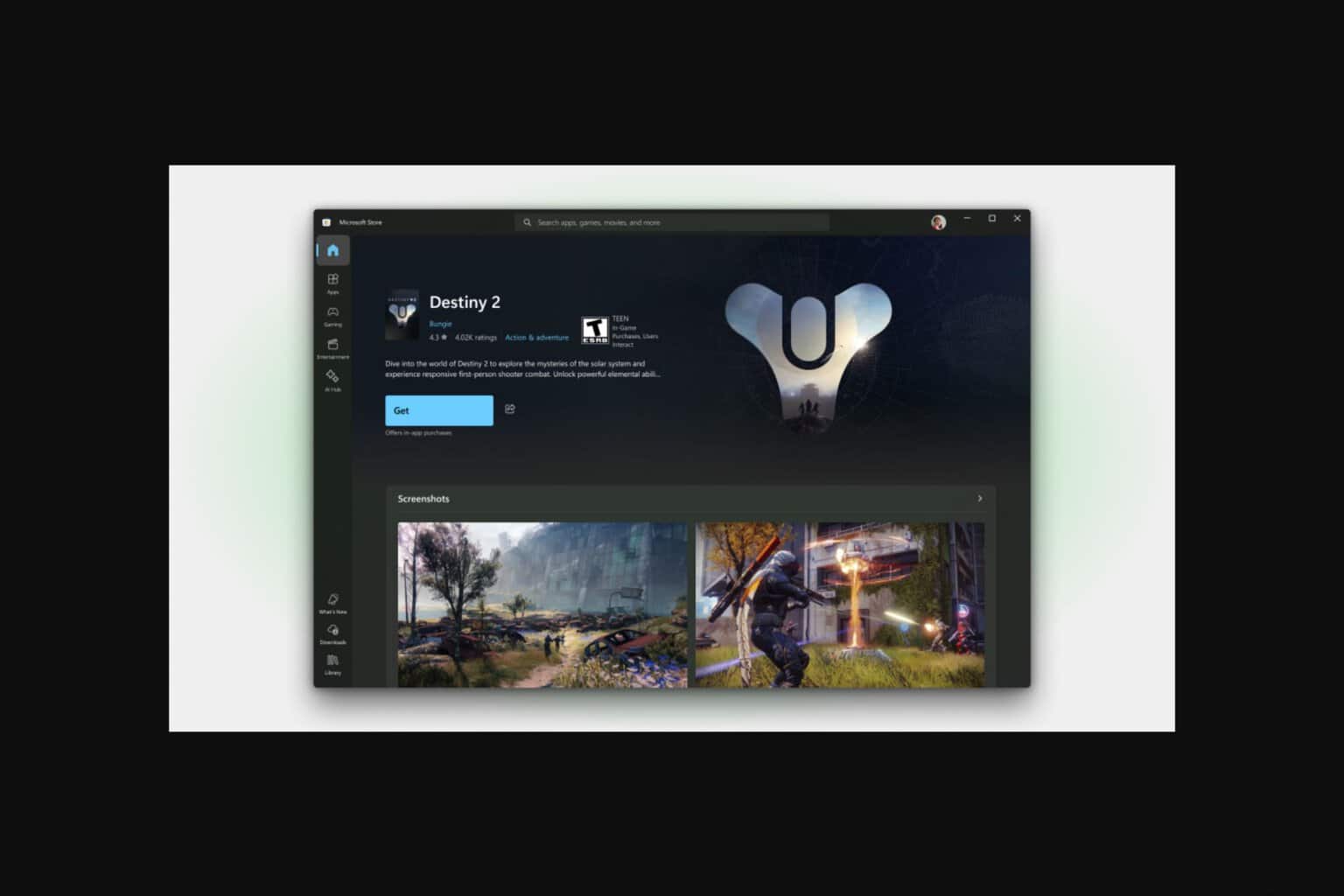


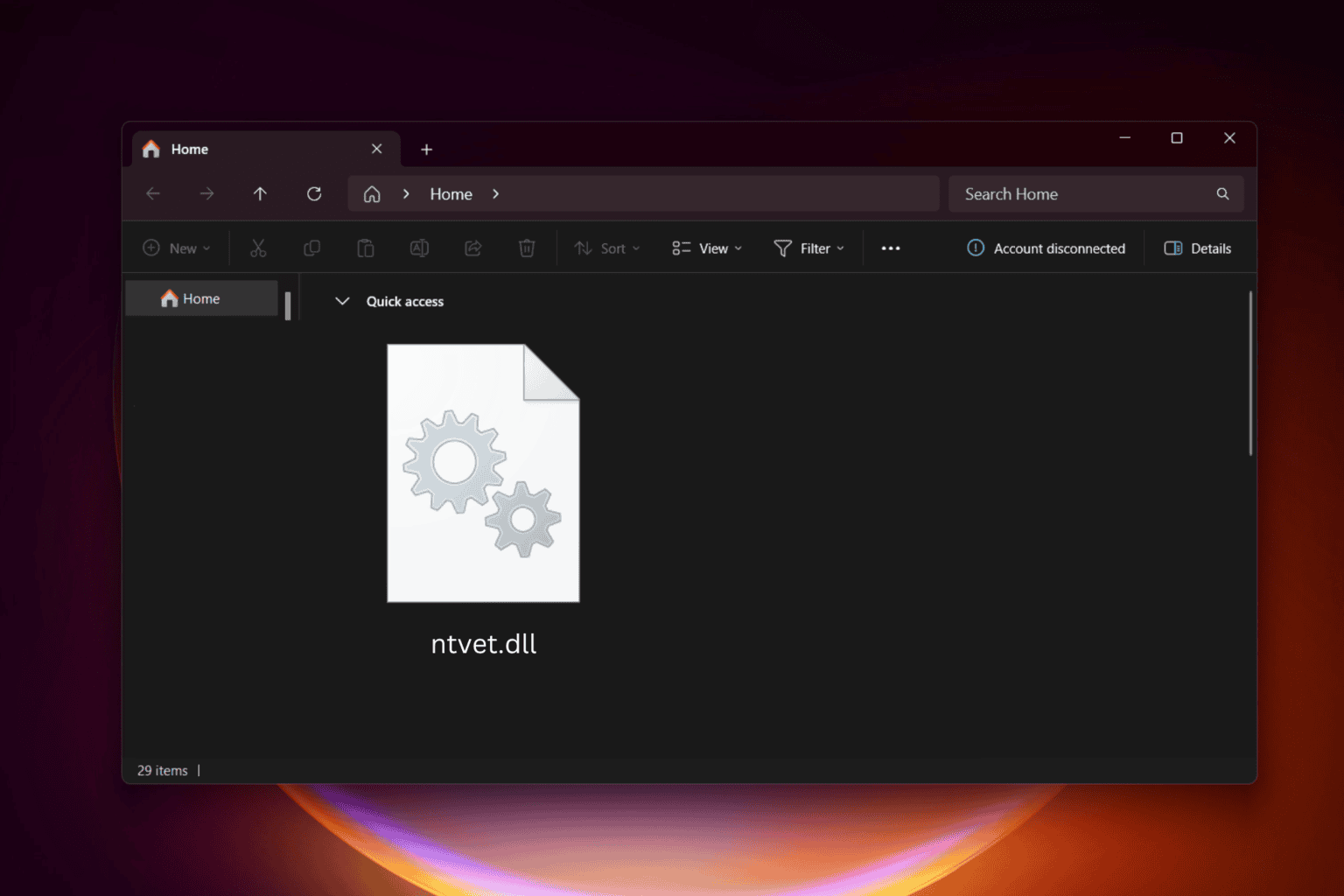
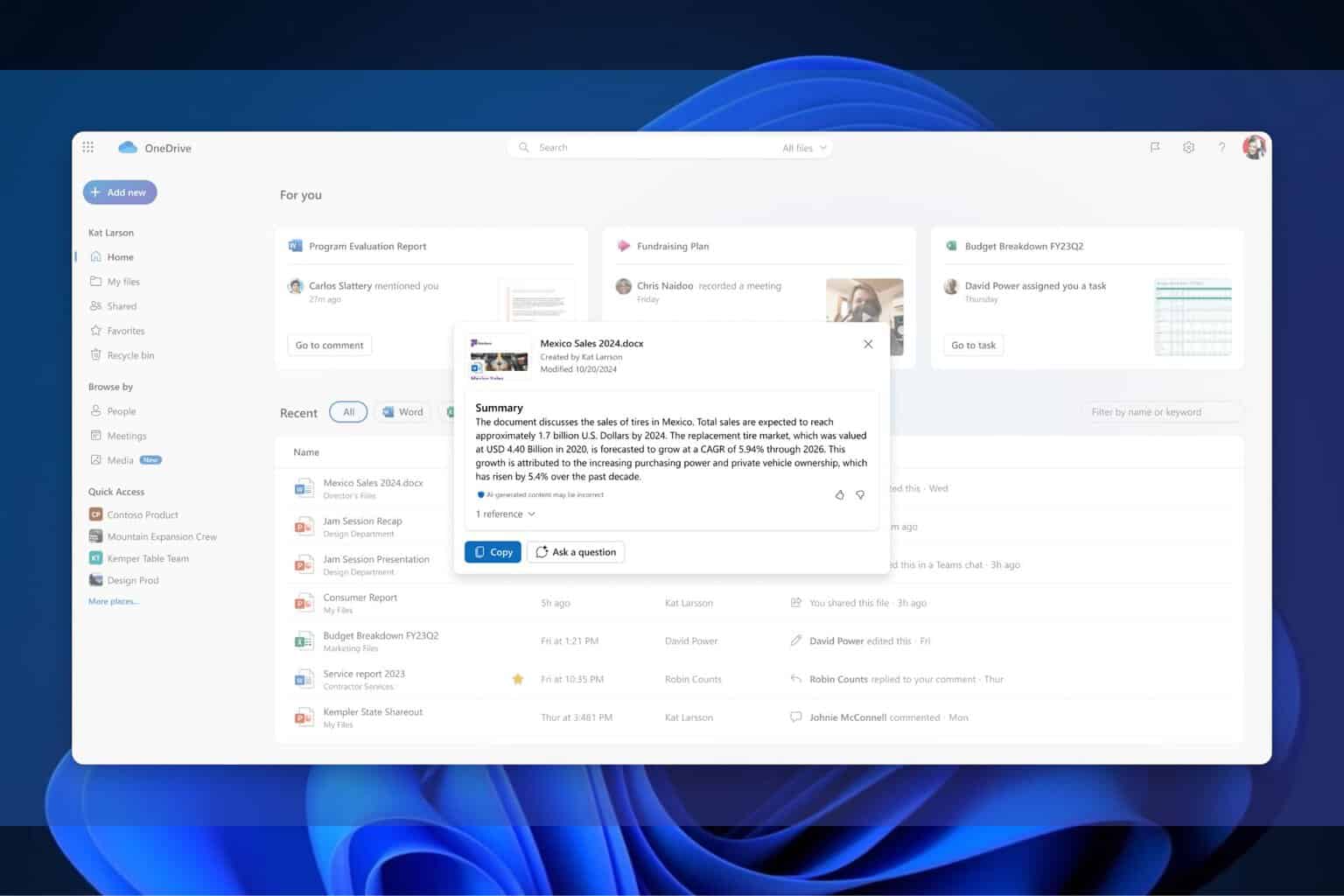
User forum
0 messages